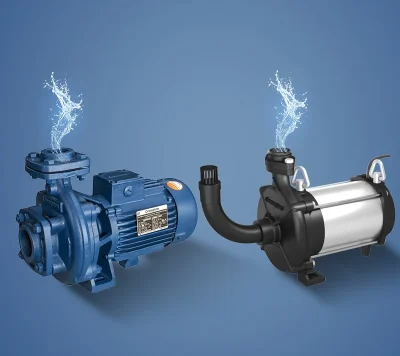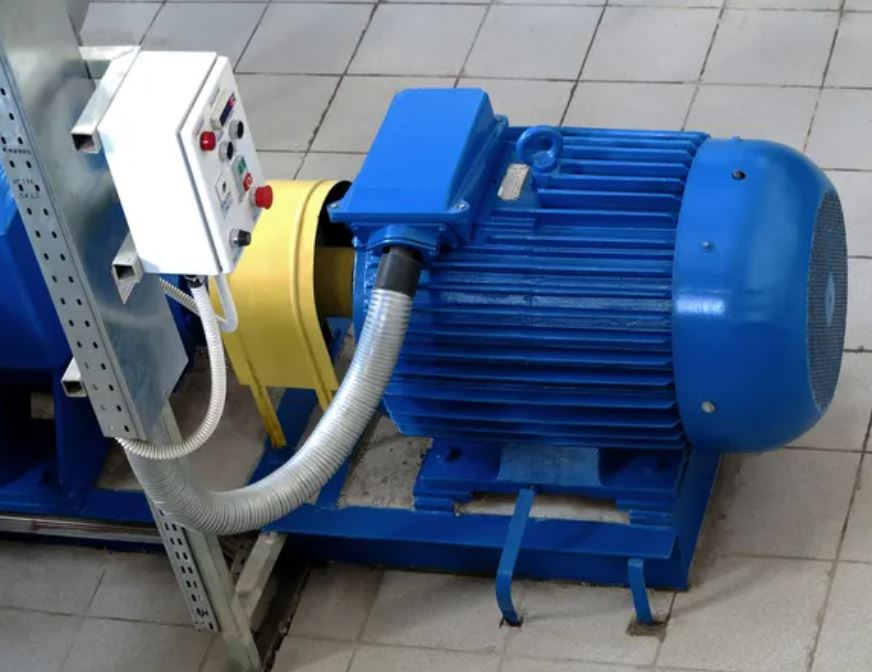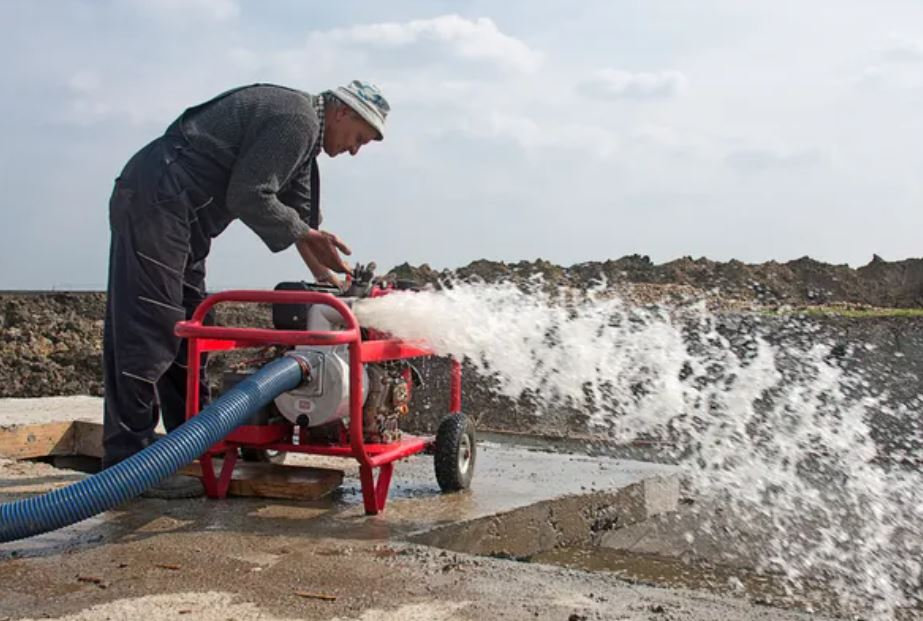Buying a water pump can be a difficult process that involves a lot of technical details, compatibility issues, and detailed specifications that must be met. To maximize the value of the money you spend on your purchase, it’s always smart to research water pumps thoroughly and make sure that you understand all of the warning signs and mistakes to avoid.
No matter what type of pump you need or what specific types of problems you need to solve, following these tips will help you choose the right water pump for you. Before making your purchase, read this list carefully and be sure to understand the basics of moving fluids through a water pump and the common mistakes people make when purchasing them.

Common Mistakes to Avoid
The following list contains basic errors that consumers make, some by rushing into a purchase and others by simply not understanding the mechanics of water pumps. When you go to pick the water pump for your work, business, or home needs, always remember to avoid these mistakes.
Mistake #1: Ignoring the Water Source
The water source and quality make a huge impact on what water pump will work best for you. For example, well pumps are designed for a certain type of water, while water from ponds, water with oil in it, or water that might contain solids will change which type of pump you will require.
Choosing the wrong pump will create problems down the line, so be sure to explore all the various types of devices, and notice what kind of stock different retailers can provide you. A water pump system will need to be connected, powered, and supported differently while running depending on what type of water moves through it to have the most efficient and cool engine on your pump.
Mistake #2: Ignoring Compatibility and Hydraulic Resistance
When the water pumping process starts, there are a lot of technical requirements that must be met. Ignoring the resistance of the pipes and not making sure the system has a proper fit with all hoses, clamps, surface connections, and the radiator placed correctly can lead to a catastrophic problem.
Before putting a water pump system in your lower basement or pond, check the free user guide for support and make sure that you’re not lost. If you notice you’re not familiar with how well pumps are connected or how other types of pump works, be sure to follow the important step of getting help before moving any water through the pump.
Mistake #3: Not Planning a Maintenance Schedule
Water pumps produce a lot of moving water, and need coolant, air, and other maintenance done to keep the pump engine working correctly. Just like a vehicle, the water pump is a complex system that must be maintained regularly.
Failure to plan ahead and create a maintenance schedule can bring costs higher and add issues for you to worry about. Always use someone who understands how they are powered, their energy requirements, how to work with the radiator and engine, and has experience with your type of pump when making your purchase to make sure you can get advice on how to maintain the pump.
Mistake #4: Neglecting Quality Over Price
Water pumps are a tool that you will need to rely on, and if the pump goes out it can cost you greatly. Don’t go for a pump that is as cheap as possible, find a water pump that is reliable, has quality construction, and won’t let you down when you need to pump water the most.
Different pumps, like well pumps or basement pumps, will have different materials and construction. Research these differences and go with a brand that you can trust, with quality builds and a record of reliability, otherwise you will add costs in the end and could experience frequent issues.
Mistake #5: Not Choosing Water Pumps with Automatic Protection
Because water pumps have such a difficult job and can encounter many engine, radiator, coolant, and other issues, most water pumps have built-in safety mechanisms to shut off the engine in case of a problem. Some of the most important protections to look for when you buy pumps are overload protection, over- or under-voltage protection, dry run protection when air instead of water is in the pumps, thermal protection for coolant issues, blockage protection, and overpressure protection.
Without these safeguards, water pumps can have serious issues. Like a vehicle when the engine runs out of coolant or oil, water pumps need a certain set of circumstances to run without problems. When these circumstances are out of balance, it’s best to shut the pumps down automatically to keep them from breaking.
Mistake #6: Calculating Power Needs Incorrectly
Water pump systems rely on a variety of factors, one of the most important being power. If you have a pump that is too powerful for your needs, you will waste money on energy bills, and if it is underpowered the water pump will overheat and suffer from performance and reliability issues.
Making sure that you have the correct water pump starts with determining how much power you need, which is mainly based on the flow rate of moving water. First, determine how much water you need to move through the pump, which is usually measured in gallons per minute (GPM). Then, you can narrow down the water pumps that will work for your needs.
Mistake #7: Ignoring Run Time Limitations
Water pumps are usually designed to either run continuously or have someone shut them off after a while. Depending on what your water needs are, water pumps should be selected from a stock of pumps that can either run as long as you will need or can handle frequent switching on or off.
Pumps usually have run time limitations, starts per hour limitations, or a set time required between turning them on or off. Be sure to ask about these requirements and limitations before making any purchases, otherwise you can end up running into issues down the line.
Find the Right Pump for You
If you’re having trouble understanding some of these mistakes, don’t be afraid to ask for a free consultation. Any reputable water pump retailer will be happy to help you find the perfect pump for you and will help you make the right choice to meet your needs and save money in the future.
The great thing about water pumps is that they are so useful and have been around so long there’s a pump for any job, no matter how difficult, dirty, or huge it is. All you have to do is ask, and you will have no problem getting the right water pump for you. So, if you need to move large amounts of water and aren’t sure where to start, contact a water pump retailer and get the process started for free!




